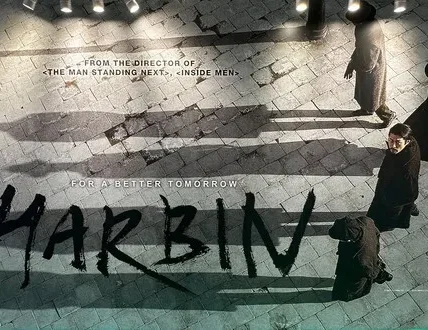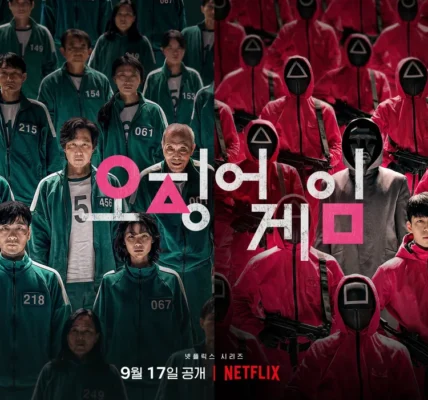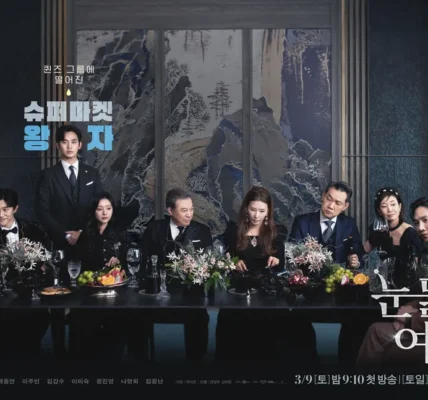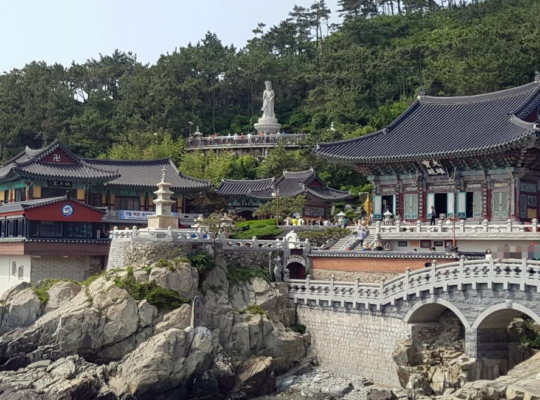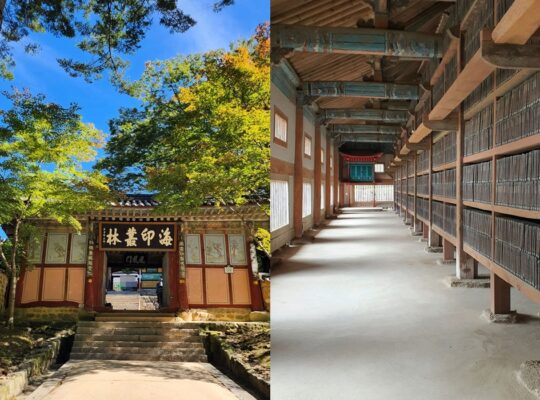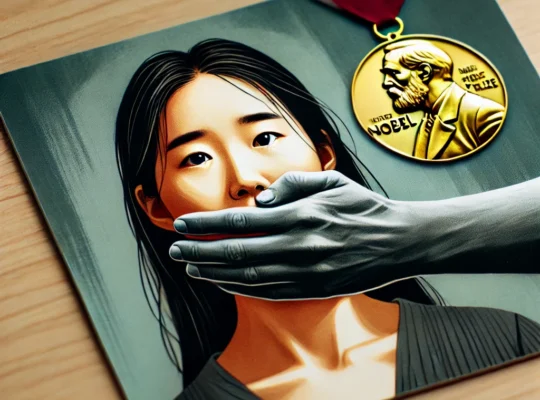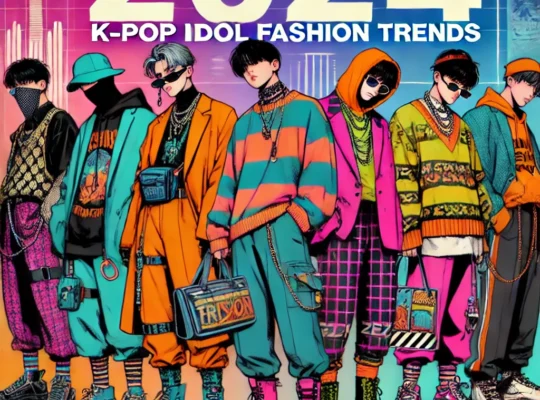The Flirty Charm of “Do You Want to Eat Ramen?” in Korea
In Korean pop culture, the phrase “Do you want to eat ramen?” (라면 먹고 갈래?) has become much more than an invitation to share a meal. It’s an iconic symbol of flirting, often signifying deeper romantic intentions. But how did this seemingly innocent question transform into a cultural emblem for suggesting intimacy? Let’s dive into the history and explore how ramen became a vehicle for romance.

Historical Context: The Emergence of the Phrase
The phrase gained widespread recognition from the 2001 movie One Fine Spring Day (봄날은 간다). In the film, the female protagonist asks, “Do you want to eat ramen?” as an invitation for the male lead to stay longer, implying a deeper level of connection. This moment became iconic and sparked a new understanding of how a simple question about noodles could carry hidden romantic meaning.
Ramen and Romance: A Match Made in Popular Culture
Over the years, the phrase found its way into other Korean dramas, movies, and even everyday conversations. It evolved into a playful yet suggestive question, often employed to test the waters of mutual interest between two people. The key to its charm lies in its indirectness; it doesn’t blatantly suggest anything beyond eating, yet it carries an undercurrent of intimacy.
The Psychology Behind Ramen in Flirting
Why ramen, though? In Korea, eating together is a bonding experience. Sharing a meal, especially something as comforting and familiar as ramen, creates a sense of closeness. Ramen is easy to prepare, making it an ideal dish for spontaneous, casual encounters, often shared late at night when inhibitions are lower. This combination of warmth, simplicity, and shared experience makes ramen the perfect metaphor for budding romance.
Representation in Modern Media
Beyond One Fine Spring Day, ramen’s association with flirting and dating appears in various TV dramas and shows. For example, in My Lovely Sam Soon (내 이름은 김삼순), Reply 1988 (응답하라 1988), and The Heirs (왕관을 쓰려는 자, 그 무게를 견뎌라 – 상속자들), characters use ramen as a way to express their interest. This continued media portrayal has solidified ramen’s status as a symbol of romantic pursuit in Korean culture.
Why “Ramen” and Not Another Dish?
The key reason for ramen’s popularity lies in its versatility and accessibility. Unlike other Korean dishes that require longer preparation, ramen is quick, easy, and often shared in cozy, informal settings. This makes it perfect for late-night conversations, adding to its reputation as a “comfort food” for young couples exploring their feelings.
How to Interpret the Question Today
In modern Korea, “Do you want to eat ramen?” can still carry flirtatious undertones, depending on the context. It might be a light-hearted way of testing boundaries or a humorous nod to the phrase’s deeper implications. The beauty of this question is that it maintains its playful ambiguity, making it a timeless tool in the language of flirting.
Conclusion: Ramen as a Cultural Bridge
The phrase “Do you want to eat ramen?” serves as a fascinating example of how food and culture intersect in Korea. What started as a simple cinematic line has become a nuanced, culturally embedded way of suggesting intimacy. It’s a testament to how everyday elements, like a bowl of noodles, can take on profound significance in the realm of human connection.

